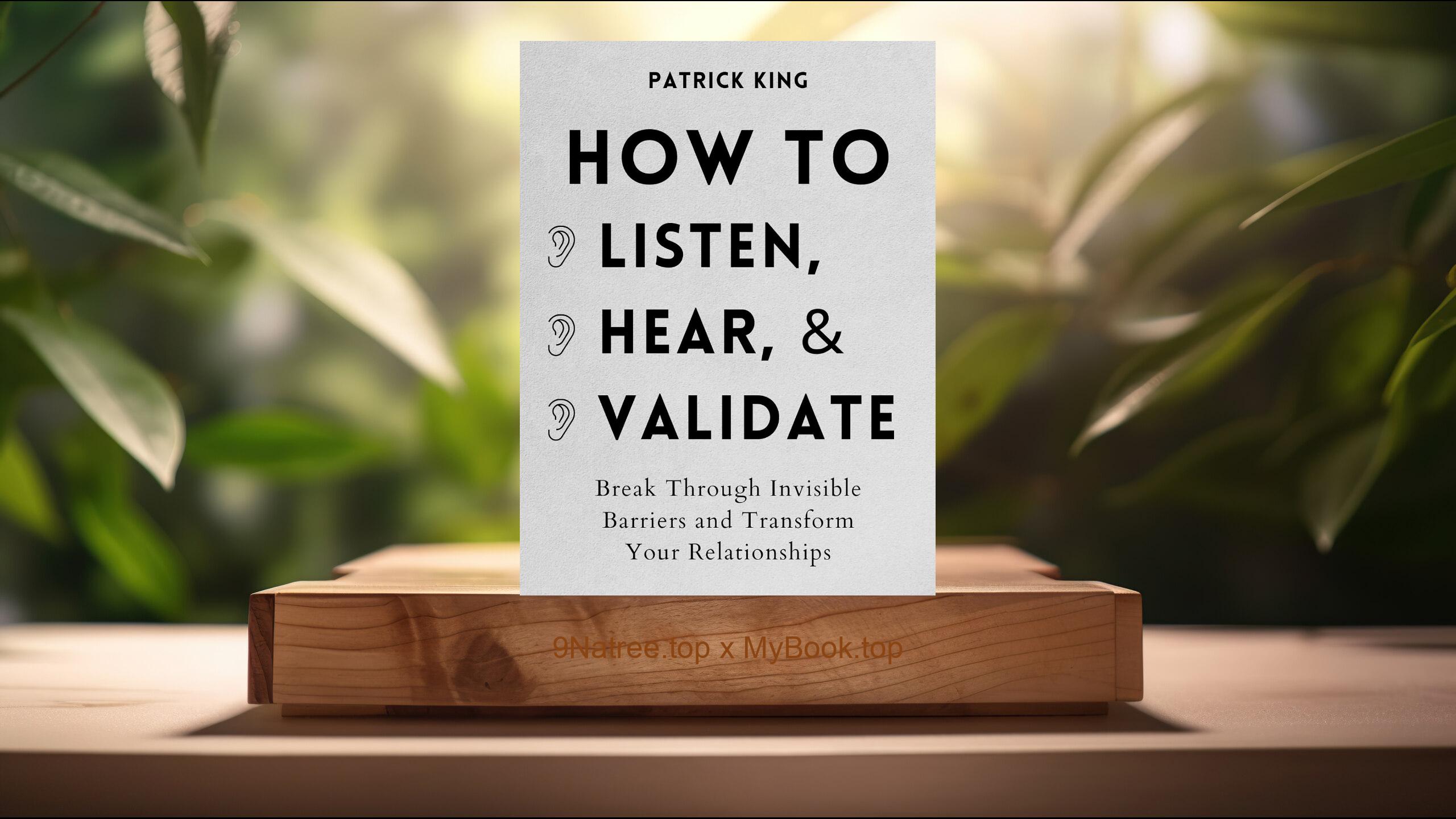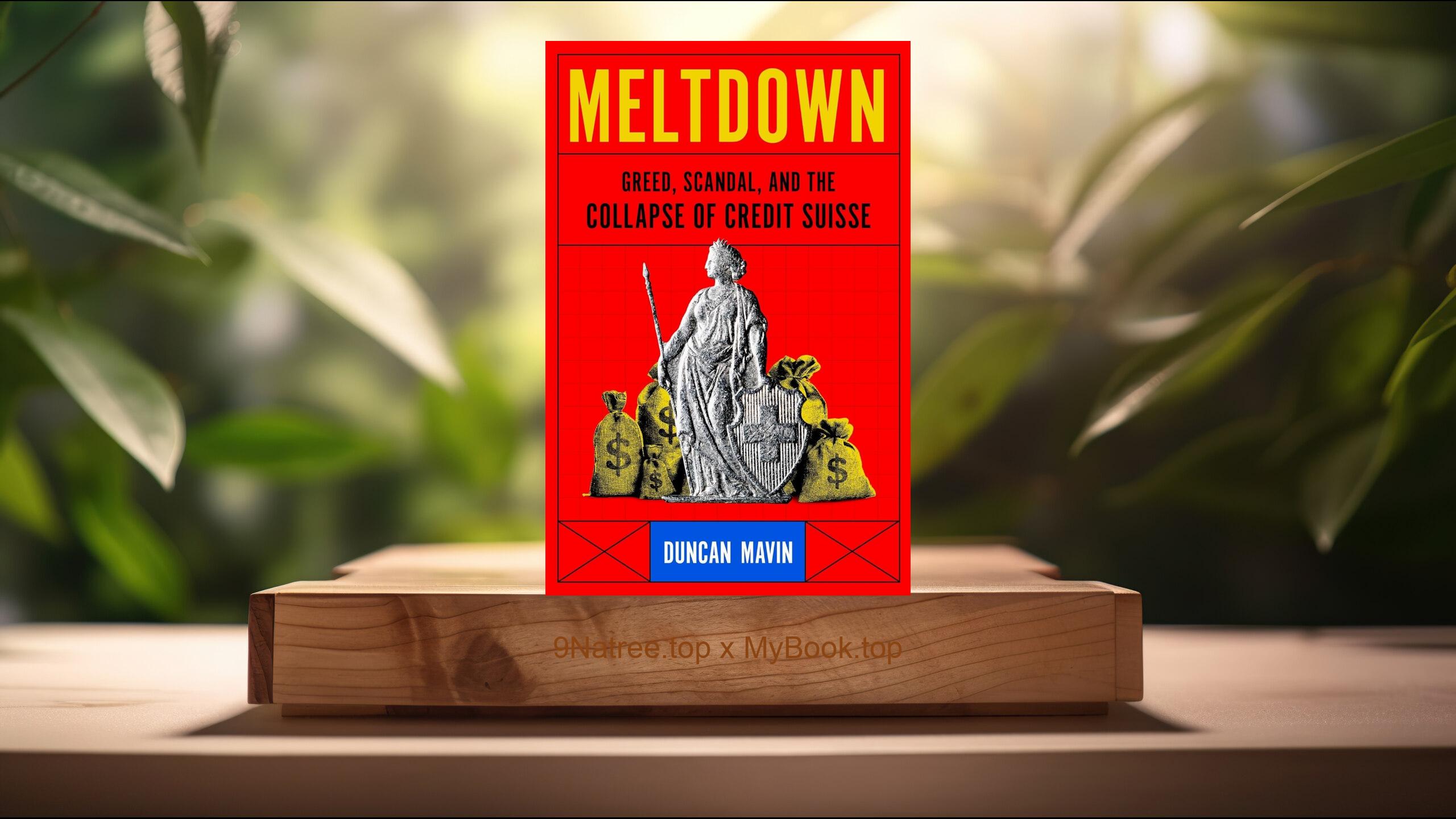Show Notes
- Amazon USA Store: https://www.amazon.com/dp/B092RXXJDM?tag=9natree-20
- Amazon Worldwide Store: https://global.buys.trade/The-Locked-Door-Freida-McFadden.html
- Apple Books: https://books.apple.com/us/audiobook/the-locked-door/id1783389252?itsct=books_box_link&itscg=30200&ls=1&at=1001l3bAw&ct=9natree
- eBay: https://www.ebay.com/sch/i.html?_nkw=The+Locked+Door+Freida+McFadden+&mkcid=1&mkrid=711-53200-19255-0&siteid=0&campid=5339060787&customid=9natree&toolid=10001&mkevt=1
- Read more: https://mybook.top/read/B092RXXJDM/
#PsychologicalThriller #MentalHealth #Isolation #PastTrauma #UnreliableNarration #TheLockedDoor
These are takeaways from this book.
Firstly, Psychological Depth of Characters, Freida McFadden’s ‘The Locked Door’ showcases a profound exploration of its characters’ psychological landscapes. The characters are crafted with depth, their personalities layered and motivations complex, drawing readers deeper into the narrative. The protagonist, a nurse with a seemingly ordinary life, finds her reality unraveling as the story progresses, revealing her fears, vulnerabilities, and resilience. Through her eyes, readers encounter the psychological turmoil that uncertainty and fear can breed. This exploration goes beyond surface-level traits and delves into mental states, past traumas, and the coping mechanisms individuals employ in the face of real or perceived dangers. The psychological depth not only enhances the thrill of the plot but also invites readers to reflect on their understandings of trust, reality, and the impact of past experiences on current behaviors.
Secondly, Themes of Isolation and Entrapment, Central to the narrative of 'The Locked Door' is the theme of isolation, both in a physical and psychological sense. McFadden skillfully uses the setting—a locked, unknown space—as a literal representation of entrapment, mirroring the protagonist’s entrapment in her circumstances and in her mind. The isolation theme is compounded by the protagonist’s gradual disconnect from the outside world and the people she once trusted. This element of the story challenges readers to think about isolation’s effects on mental health and the human psyche’s fragility when cut off from supportive networks. The plot acts as a metaphor for the walls people build around themselves, either for protection or as a result of past trauma, and the difficulty of breaking these walls down in order to reconnect with the world and themselves.
Thirdly, The Impact of Past Traumas, McFadden deftly weaves the past traumas of the characters into the fabric of ‘The Locked Door,’ unveiling how these past events shape their present actions and decisions. The narrative reveals the scars left by these traumas, from broken relationships to altered perceptions of reality. The protagonist’s journey involves confronting these traumas, often in ways that blur the line between reality and hallucinations. The manner in which past pain is portrayed highlights the long-lasting impact of trauma and its power to warp our interactions and perspectives. This focus provides a poignant commentary on the importance of addressing past wounds as a part of healing and moving forward, rather than letting them fester and dictate one’s life.
Fourthly, The Role of Unreliable Narration, The use of unreliable narration in ‘The Locked Door’ serves as a powerful literary technique to sustain suspense and mystery. As the reliability of the protagonist's account comes increasingly into question, readers find themselves in a maze of truth and deception. This narrative choice engages readers, making them question every piece of information presented and encouraging active participation in unraveling the truth. The element of unreliable narration adds depth to the psychological thriller, making the experience of reading the book a psychological intrigue in itself. This approach challenges the reader's perception of reality, enhancing the thematic concerns of truth, memory, and perception.
Lastly, Juxtaposition of Reality and Delusion, Another intriguing aspect of ‘The Locked Door’ is its exploration of the thin line between reality and delusion. McFadden expertly plays with the concept of what is real and what is merely a product of the protagonist’s fears or deteriorating mental state. This exploration is skillfully done, with subtle hints and clues that make the readers doubt the authenticity of the protagonist’s experiences. The tension between reality and delusion adds layers to the narrative, making it not just a simple storytelling but a complex psychological exploration. This juxtaposition raises questions about the nature of reality, the reliability of our senses, and the power of the mind over body, which are central to understanding human psychology.
![[Review] The Locked Door (Freida McFadden) Summarized](https://episodes.castos.com/660078c6833215-59505987/images/1993258/c1a-085k3-34nproqms02-jvvuvs.jpg)




